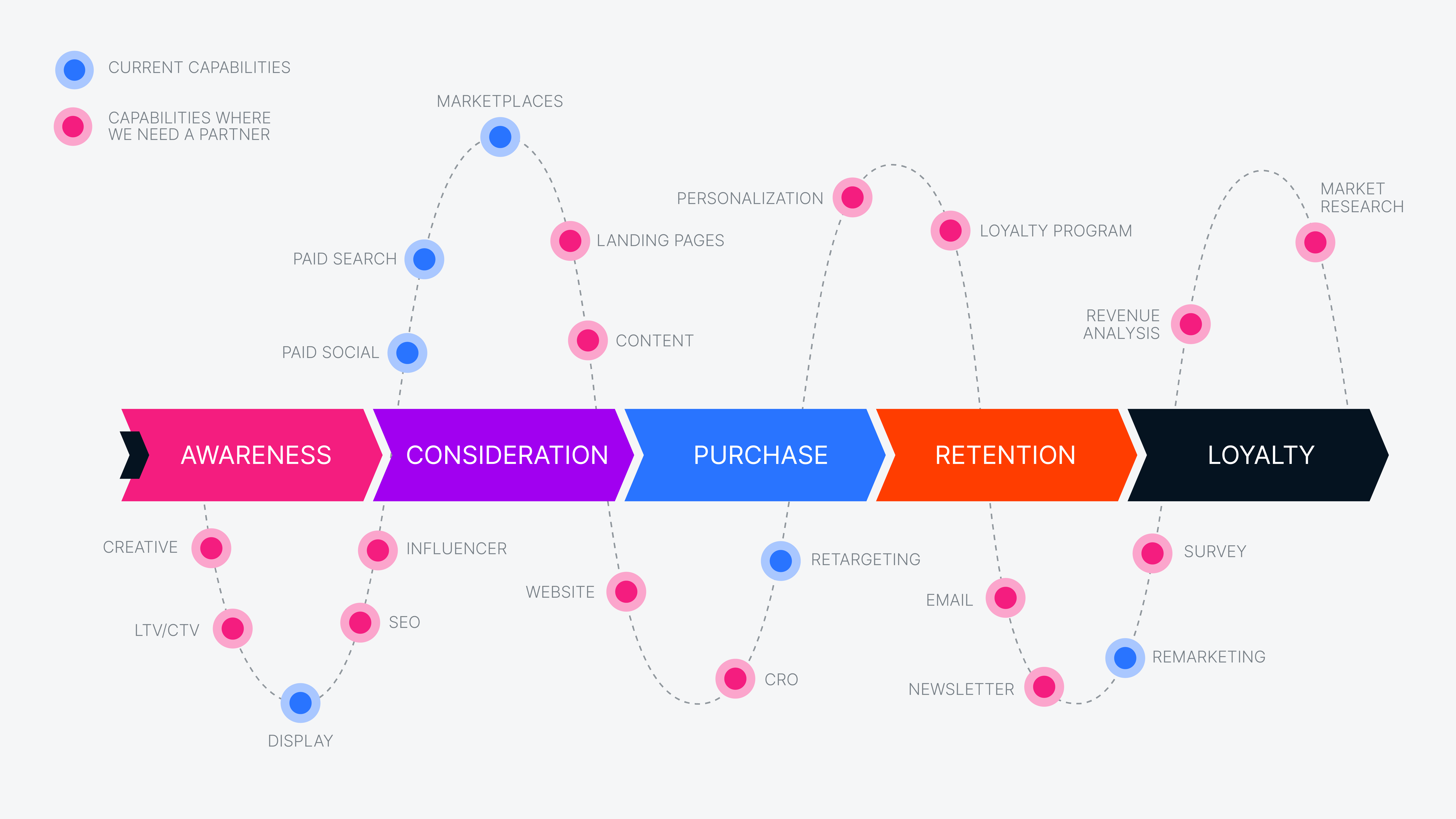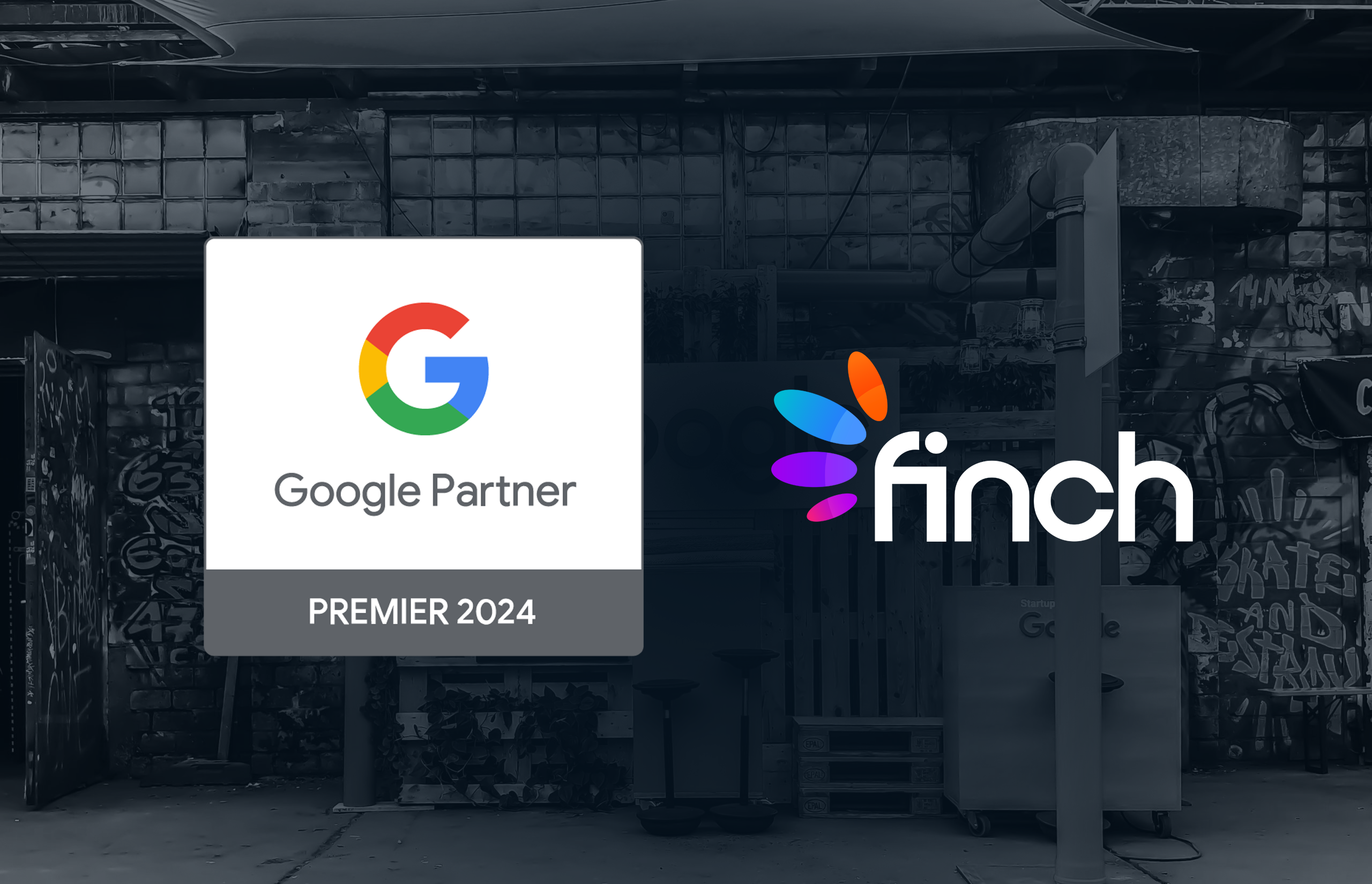This is bad, very bad, doomsday bad. Search Engine Land declared it the Death of Exact Match.
Perhaps it’s not really that bad. It does mean that an exact match has an opportunity to work more like a broad match. It shows that Google is making changes away from “keyword-based marketing” to “user-intent marketing.”
Success in AdWords is partially built around utilizing an Exact Match Strategy. This strategy has been built into Finch’s methodology from the beginning. However, the marketer’s desire to buy more and more exact match clicks is at odds with Google’s goal to drive more clicks.
The key to success is with this change is found in the second to last paragraph of the Google announcement where it says:
“If you already use reworded or reordered keyword variations, AdWords will still prefer to use those keywords identical to search queries.”
This still means the more exact match coverage you have the better. Why? Because despite “running shoes” or “shoes for running” having the same meaning they may have different conversion rates. This ultimately affects how much you’re willing to bid for each.
As part of Finch’s Exact Match Strategy we offer Dynamic Search Term Insertion (DSTI). It uses broad and broad match modifier keywords effectively to explore related terms, then creates exact match keywords from converting search terms; replacing negative keyword funnels to drive traffic to the most relevant terms. Our DSTI technology has always been nice to have but this change makes it essential to keep exact match in control. In the event that the new exact match term has “low search volume,” then we will handle that too.
One other note from the announcement, “phrase match keywords aren’t included in this update.” We would expect that either (1) phrase match won’t be affected or (2) Google is working on a strategy for them. Many people suggest that since the release of broad match modifier, phrase became the weakest performing keyword type; many of our accounts are opting for only broad match modifier and exact match. This change suggests that phrase match may become more powerful in the future.
You can read more here about exact match and keyword expansion.
Hope this helps with your PPC strategy!
Image courtesy of Dan Golden. Thanks Dan! Buy it on Zazzle!








